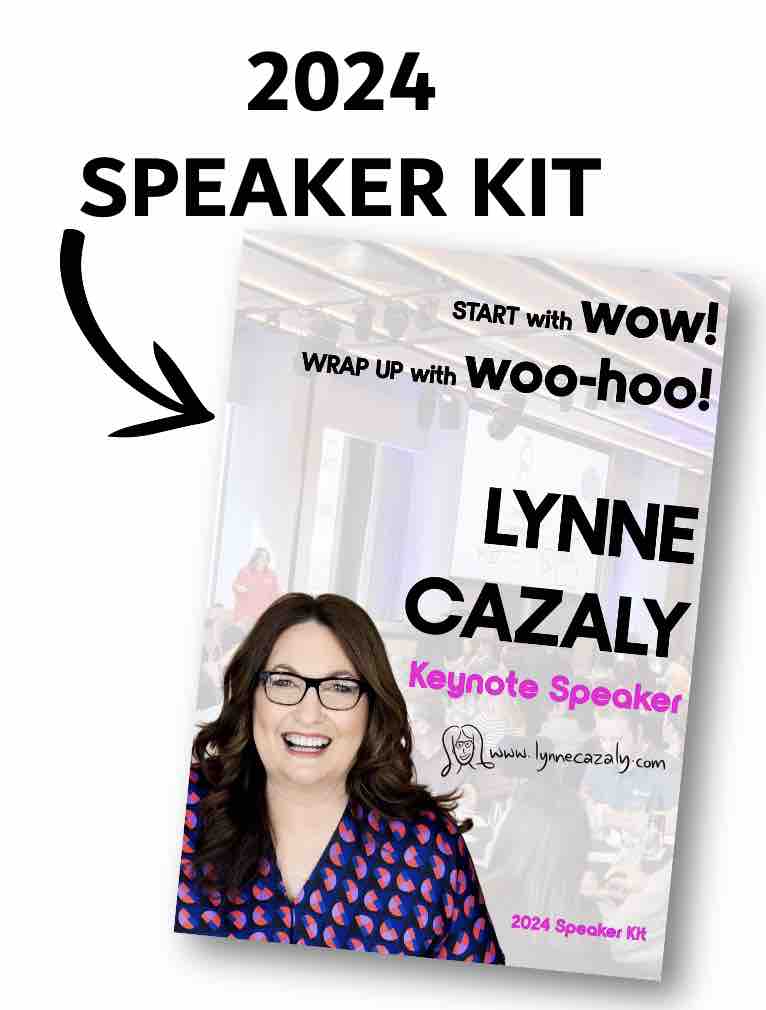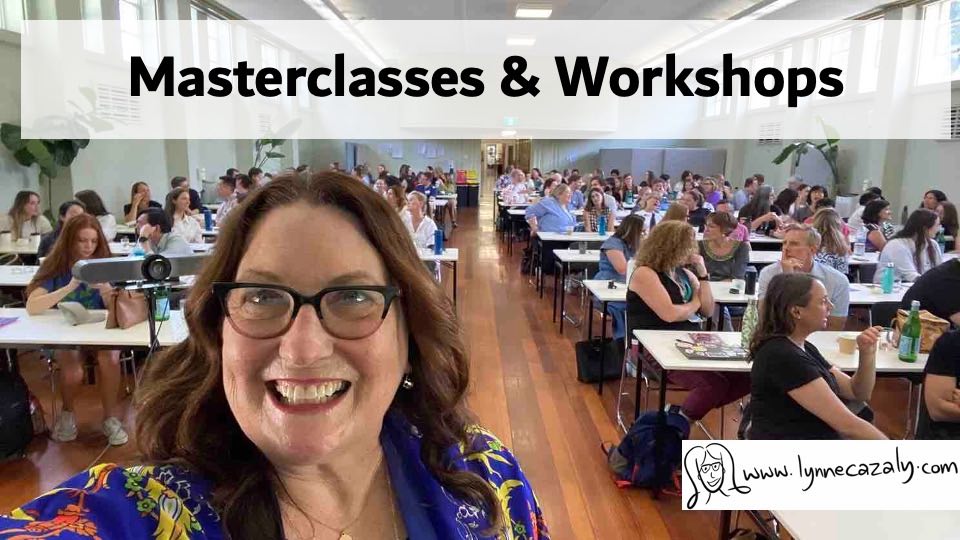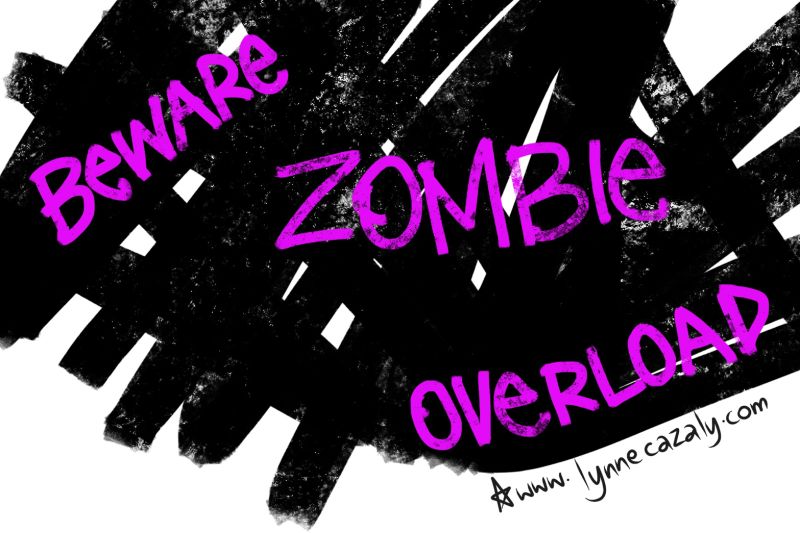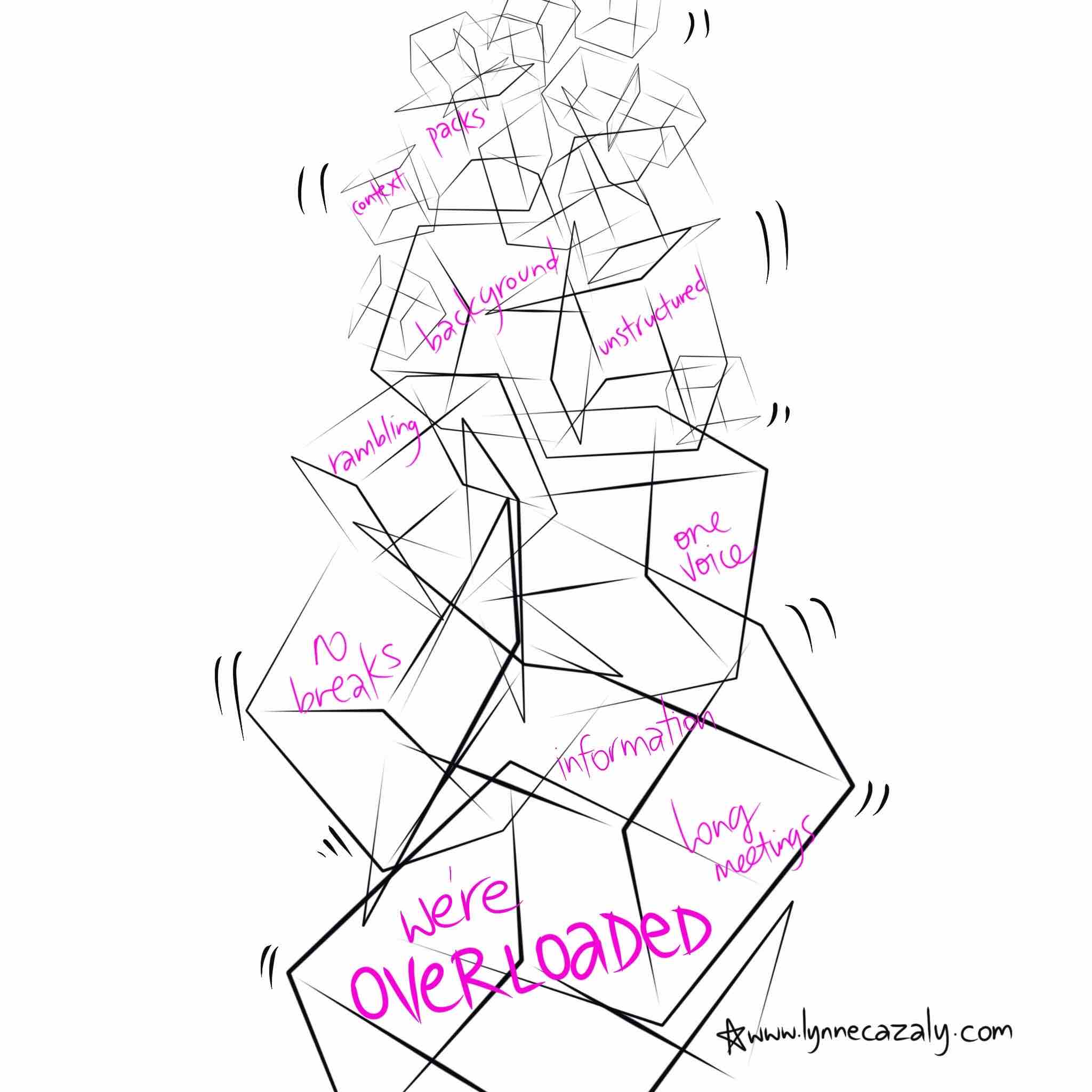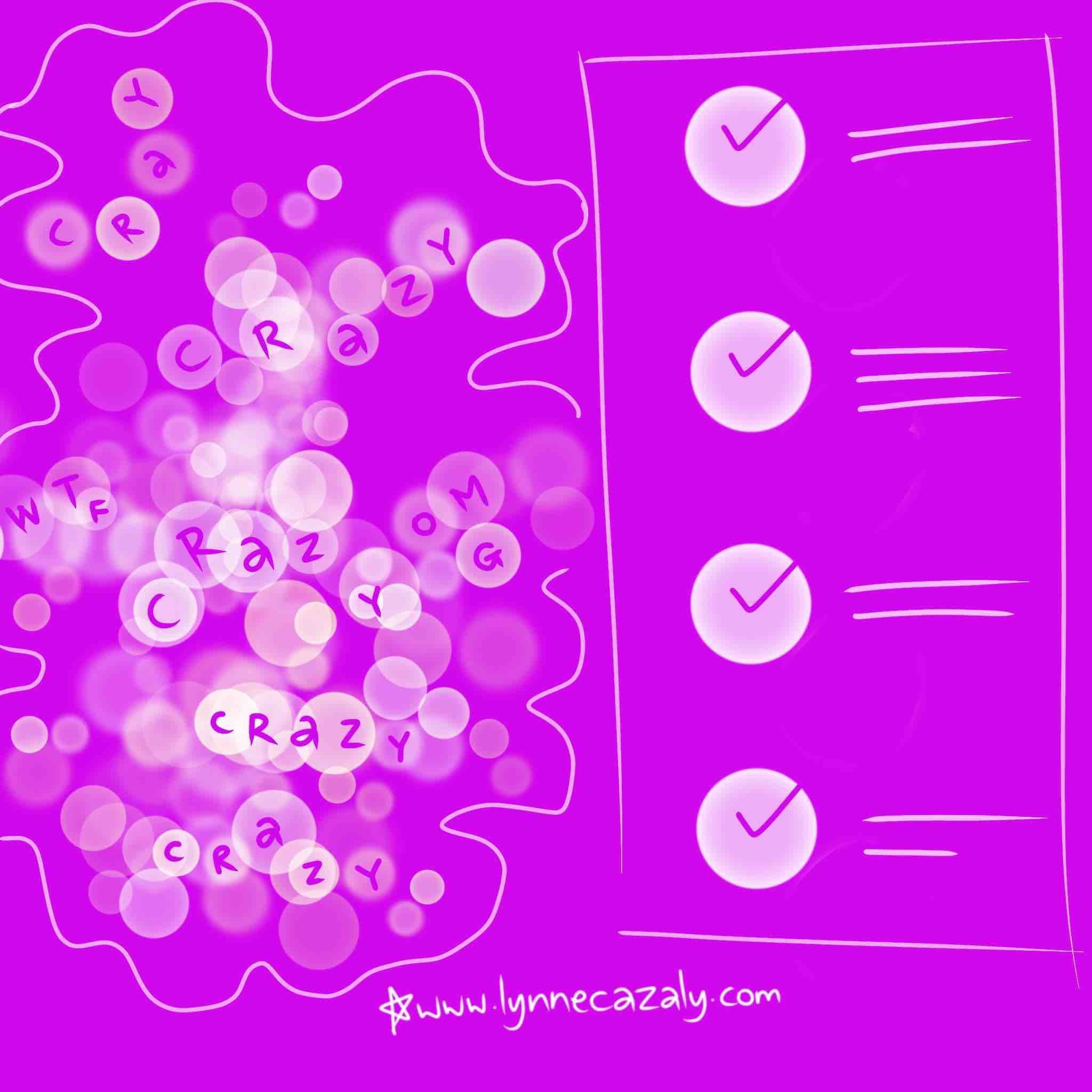Your brain loves closed captioning
 Tuesday, September 21, 2021 at 5:07PM
Tuesday, September 21, 2021 at 5:07PM It seems captioning has taken off among the non-hearing impaired — and for good reason!
The subtitles on that film or series you’re watching
- help boost retention
- improve comprehension
and
- help fill the gaps when someone talks over the dialogue!
It’s proving effective for people learning a new language, for children building their reading skills and can lift levels of engagement in those with conditions such as Autism Spectrum Disorder, ADHD and Mild Cognitive Impairment.
For many other reasons too, this mixed mode of taking in information is booming.
We know people love watching a YouTube video with the sound off and taking in the captions. It’s booming elsewhere on TVs and screens the world over.
Are you a subtitles fan?
Read more about the boom in this article.

